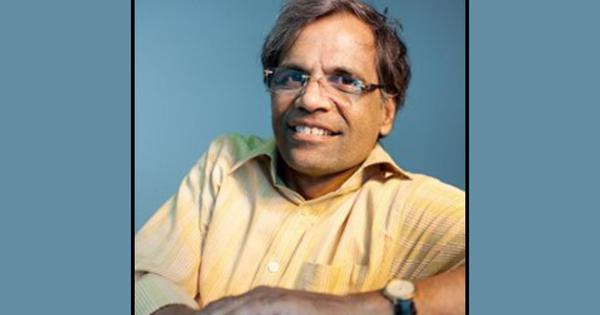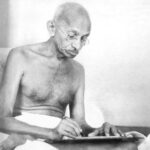Exploring the complex emotions following a man’s tragic demise in a once cherished library.
In the quiet aftermath of a tragedy, a man finds himself haunted by memories of a library he once revived with passion. The library, now a shadow of its former self, becomes a place where he imagines he will eternally wander, like a ghost trapped among the rows of dusty books. He envisions himself thickening on the floor, blending with the dust and dirt that has accumulated over the years. The once vibrant space is now filled with a sense of loss, and he reflects on how he will never again step foot inside that cherished haven.
Despite his deep connection to the library, there is a strange acceptance of what has happened. He contemplates the idea that perhaps everything that transpired was destined to occur, leading him to a paradoxical state of mind. While he does not feel outright joy about the events that unfolded, he also asserts with conviction that he is not sad. The emotions swirling within him are complex and contradictory, reflecting a profound internal struggle.
He longs for happiness, wishing to laugh freely and embrace everyone around him. Yet, the reality is stark; he cannot summon the joy he craves. His desire to experience happiness is palpable, yet it is met with an impenetrable wall of discontent. Repeatedly, he asserts his lack of sadness, emphasizing that he does not carry regret. This insistence serves as a coping mechanism, a way to shield himself from the overwhelming weight of his feelings.
The narrative takes a turn as he reflects on Vandana, a figure from his past whose actions have left a significant mark on his life. He recognizes her slip into a state of disdain and anger, not just towards him, but towards everyone around her. Despite this, he insists he cannot feel sadness for her situation, believing that her choices led her down a path with a predetermined outcome. He questions whether anyone in their community could genuinely care about her fall from grace, suggesting that her actions were met with a collective apathy.
His thoughts spiral into a critique of the sacrifices made by himself and others to carve out a place in their community. The toil and effort expended to succeed stand in stark contrast to Vandana’s perceived shamelessness. He recalls the long hours spent traveling to acquire saffron, the labor involved in preparing it for sale, and how all of this seemed trivial in the face of her actions. The pride built over time feels threatened, and he grapples with the notion of responsibility and legacy.
As he wrestles with these feelings, he questions Vandana’s awareness of the impact of her choices on their shared history. Did she ever consider the legacy of their ancestors, the weight of familial pride, or the expectations that came with it? His reflections reveal a deep sense of betrayal, not only by her actions but by the perceived lack of accountability. Ultimately, he resigns himself to the belief that her fate was sealed by destiny, a conclusion that brings him no solace.
In the midst of this internal chaos, he notices the small movements around him, the soft whispers that echo through the empty library. A figure seems to slip through a door, and the stillness of the chair on stage amplifies the sense of emptiness that pervades the space. This haunting atmosphere mirrors his own state of being, a poignant reminder of the ghosts that linger in the shadows of memory.








